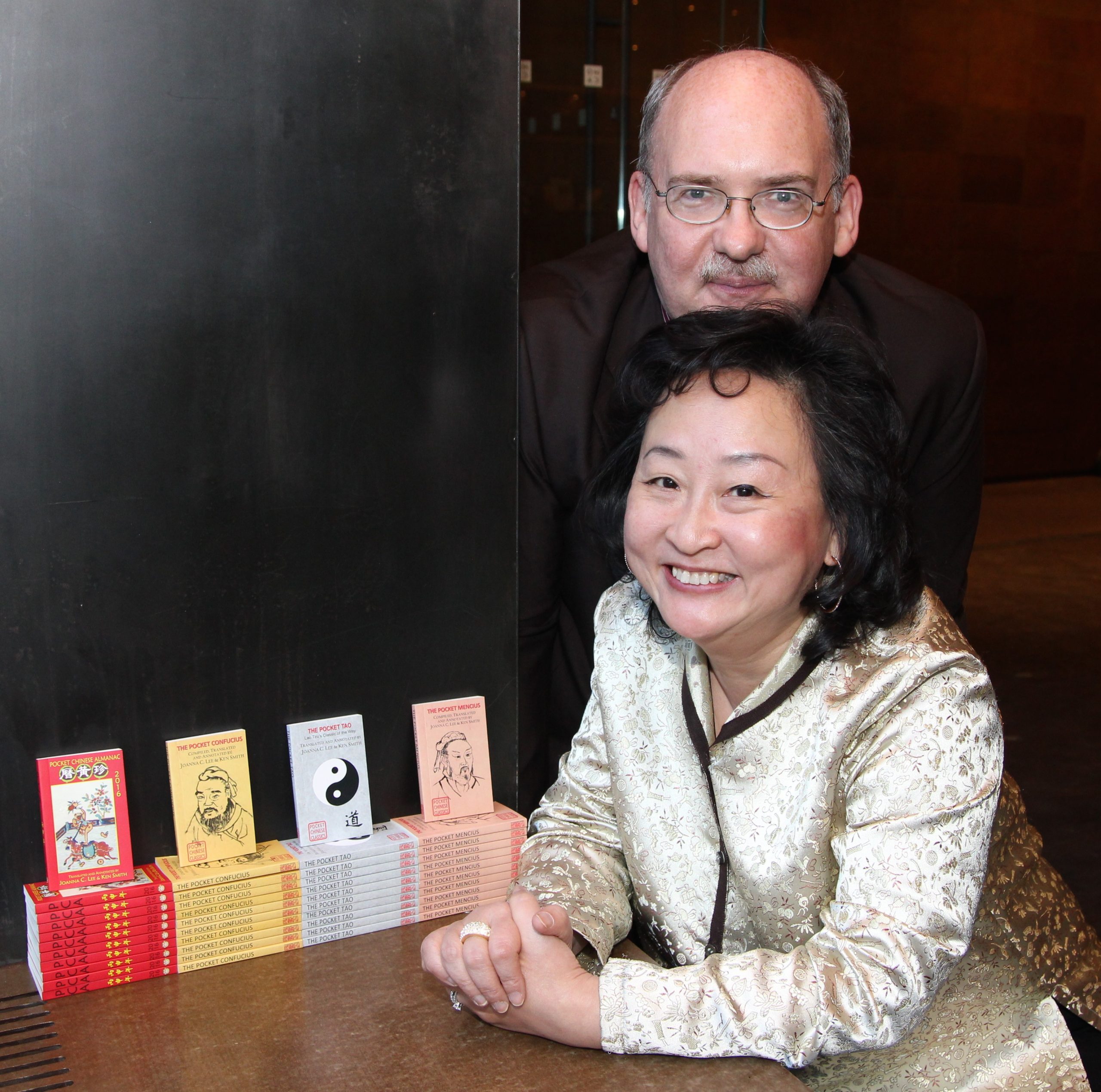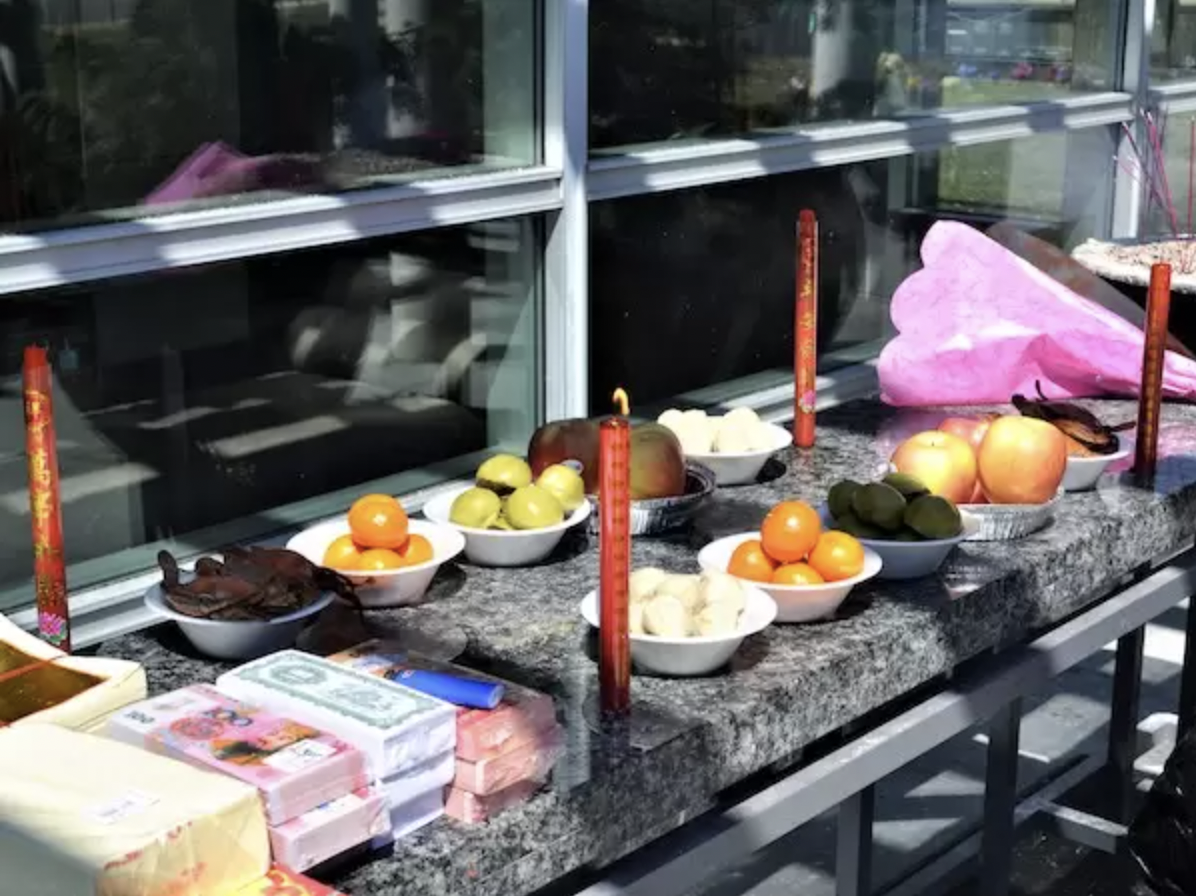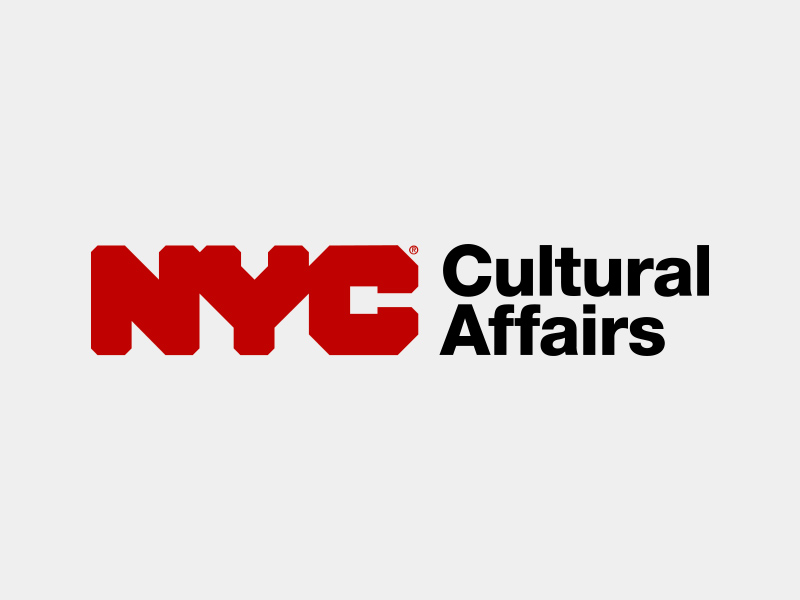REGISTER FOR FREE
PRESENTED IN PARTNERSHIP WITH THE GREEN-WOOD CEMETERY
Death is always a timely topic, and will especially be so on April 4th. It is a day when two death-reflective holidays coincide: Qingming (“ching-ming”), a Chinese holiday honoring one’s ancestors (also known as Tomb-Sweeping Day), overlaps with Easter, a significant death-related commemoration of the Western world. Whether you take part in the former, or celebrate the latter, the process of venerating the past points us to the future.
To mark Qingming and Easter both falling on the same day, Joanna C. Lee and Ken Smith, translators and annotators of the Pocket Chinese Almanac (purchase here), touch on differences and similarities of the two holidays while examining funeral traditions in China and the Chinese diaspora. From wearing mourning clothes to burning paper tributes (including money, paper cell phones, and even sportscars) for the deceased to use in the afterlife, this presentation traces Chinese funeral customs from their ancient agrarian roots to modern urban practice today.
And the Chinese almanac says April 1st is a good day for meeting friends!
Stay up to date at MOCA’s website www.mocanyc.org or sign up for MOCA’s monthly e-newsletter.
Follow MOCA on Instagram, Facebook, Twitter and TikTok at @mocanyc; and WeChat at MOCANYC_USA.




